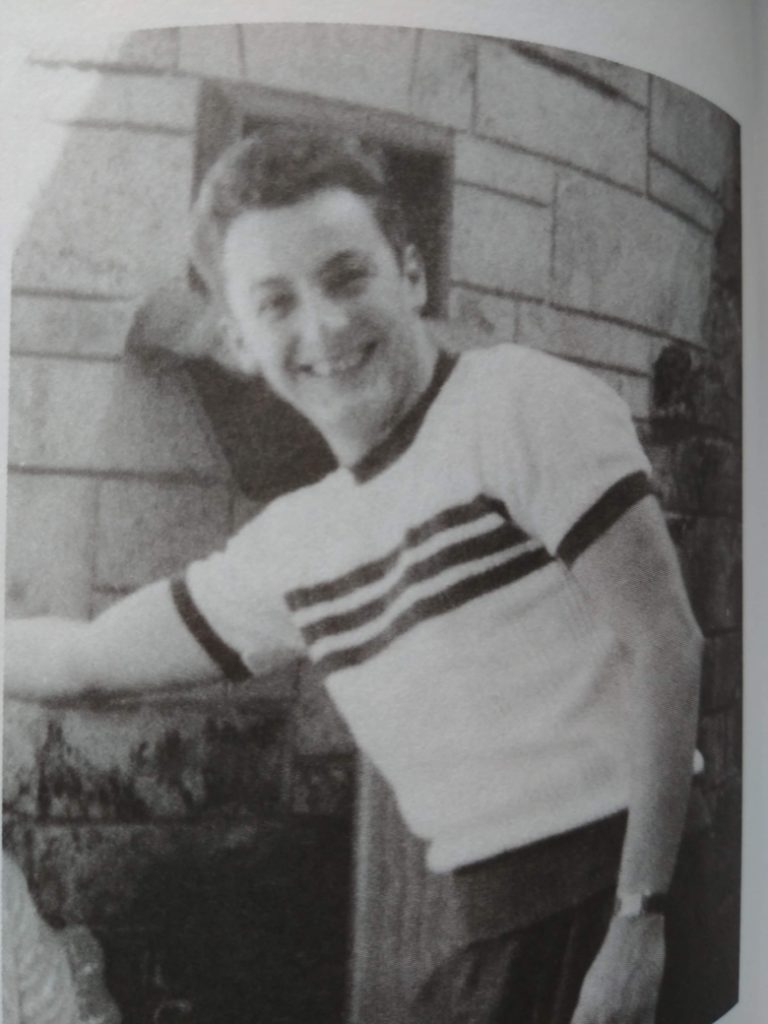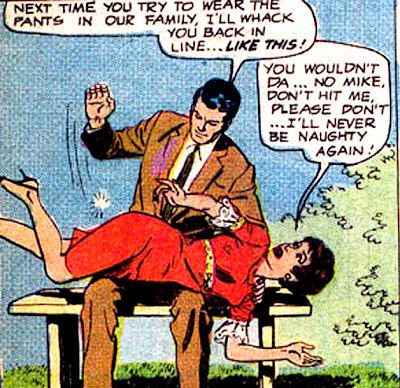Berlatsky, Noah. 2015. Wonder Woman: bondage and feminism in the Marston/Peter Comics, 1941-1948. New Brunswick, New Jersey : Rutgers University Press

Wonder Woman spanking a man in Roman soldier uniform
Growing up, I had the notion that Wonder Woman had been created in the past as a perfect feminist icon, and only later was the character sexualized by other creators. In fact, Wonder Woman was “always, already” as much a figure of fetishistic fantasy as she was a feminist role model, patriotic symbol, or heroine for children. The original seven-year run of comics, written or co-written by William Moulton Marston and illustrated by William Peter displayed the kind of deep psychosexual weirdness usually only found in 19th century children’s books. (I say that as a fan of deep psychosexual weirdness.) Noah Berlatsky’s book explores just how queer and feminist those stories were; as the author puts it, “a flamboyantly gendered mess.”[Pg.169] Continue reading »










